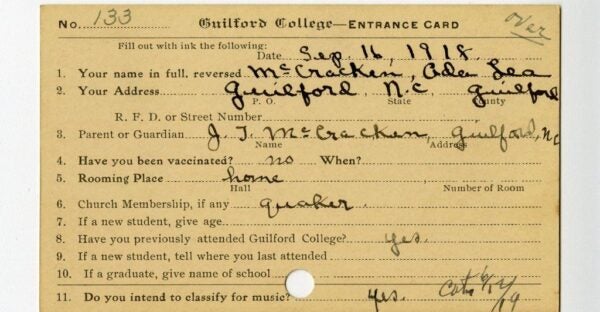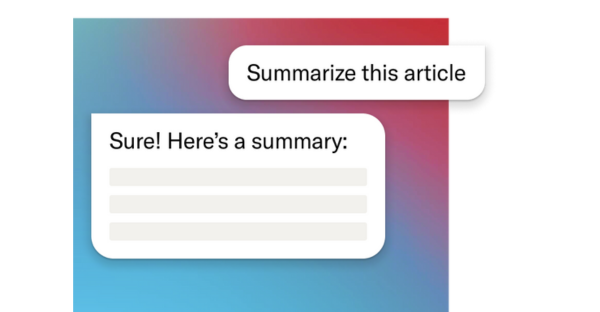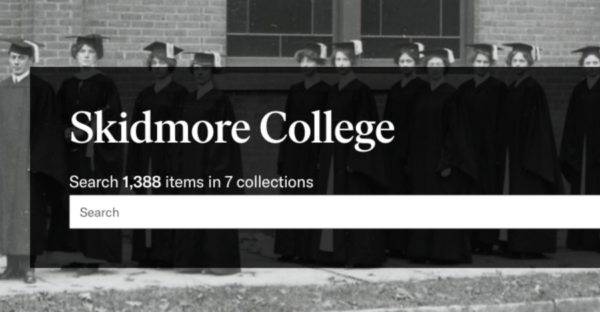Virtual
Join us for a demonstration of JSTOR’s AI-powered research tool, which enables users to quickly identify key points within scholarly texts, discover new topics and content, and query for deeper engagement. We’ll detail the tool’s development, including technical foundations and design, suggest how to incorporate it into teaching and learning, and offer insights for institutional implementation and user engagement.
This one-hour webinar is appropriate for librarians and faculty working with both novice and advanced researchers.







